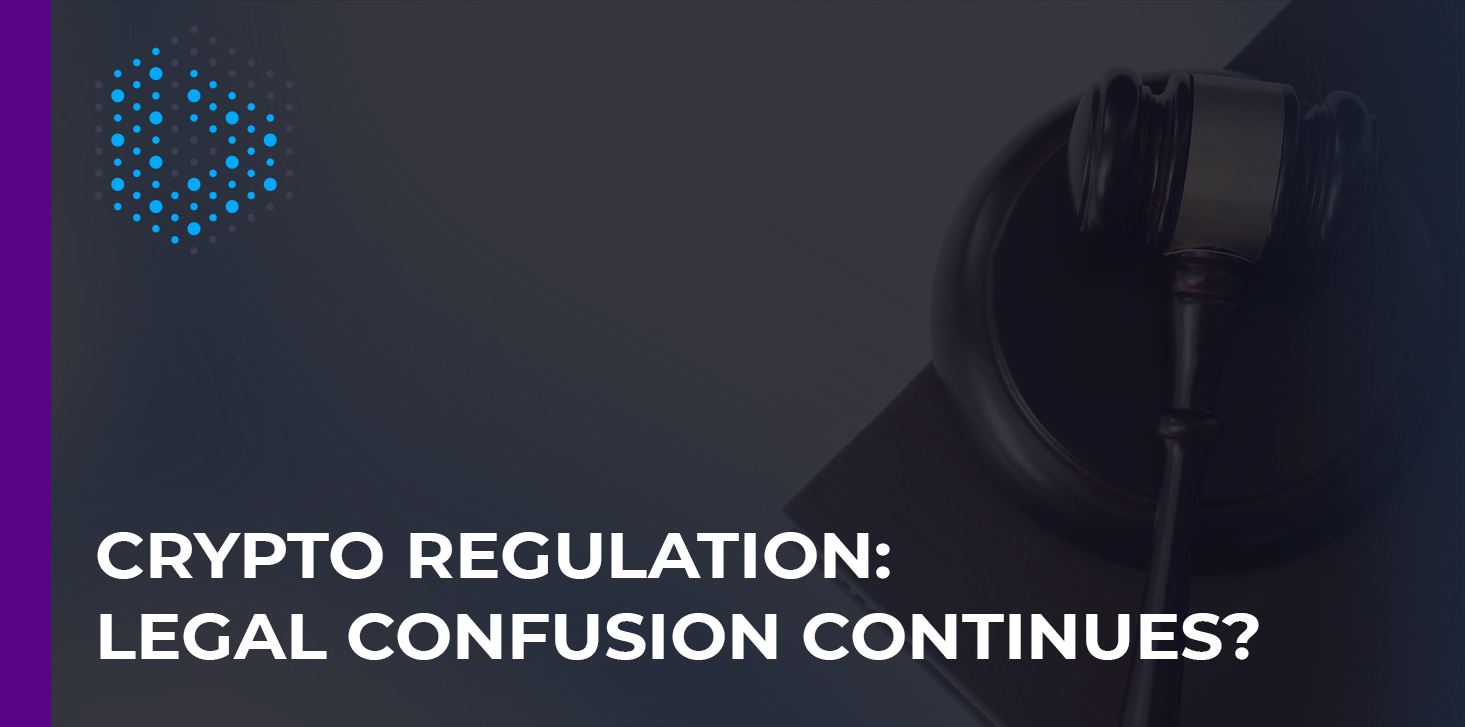Russian lawyers target cryptocurrency legislation
Russian lawyers have slammed national cryptocurrency laws, claiming courts in the country have had difficulty dealing with crypto in the past, and hinting that recent amendments have done little to dispel the legal fog around how crypto assets are regulated.
Crypto Regulation: Legal Confusion Continues?
According to RBC media reports, recent Russian laws relating to the legal and tax status of crypto assets were designed to save the courts from a legal quagmire, when judges estimated the value of individuals cryptocurrencies by calculating the value of the flash memory device on which they were stored.
But the two lawyers speaking to the media argue that the new rules have not helped the court system much, if helped at all.
Angelika Matushkina, legal expert at the Moscow Digital School, warned that traders receiving fiat from selling their funds still found the process “problematic” when working with banks.
Banks do not understand how they should handle cryptocurrency, and many are trying to avoid trouble with the authorities by taking strict measures.
Matushkina said transactions using cryptocurrency could be “blocked” and accounts “frozen.”
She advised traders to organize preventive meetings with managers of their banks to discuss the requirements and documents required to register revenues from cryptocurrency sales, for compliance new tax rules for declaring cryptocurrencies. Otherwise, she warned, traders could face problems from the regulator – the Federal Financial Monitoring Service (Rosfinmonitoring) or the banking supervision departments.
Also, media quoted Maria Agranovskaya, managing partner and financial technology lawyer of Russian legal adviser GRAD, who said the new laws were “something like disappointments” because originally intended to “establish the basis for legitimate activities for all market participants, to streamline the disparate practices of the courts and allow banks to operate with crypto projects”, which the Duma has so far failed to do in the eyes of many lawyers.
Bill defining crypto and proposing tax rules
Recall that on December 1, 2020 The Government of the Russian Federation has submitted to the State Duma bill No 1065710-7 amending parts one and two of the Tax Code of the Russian Federation.
The bill proposed in mid-November by the Ministry of Finance includes provisions that would regulate the circulation and ownership of cryptocurrency and determine liability for violation of the rules, established by law.
It requires citizens, individuals and legal entities operating in the Russian Federation to declare their assets in cryptocurrency, and establishes tax liability for failure to provide information or provide false information about transactions with cryptocurrency. The amendments contained in the bill provide for the recognition of cryptocurrency as an “asset” and accordingly establish its taxation.
The bill states that failing to file timely reports on digital currency transactions and providing inaccurate information are tax offenses. In such cases, the penalty should be 10% of the total value (in rubles) of the received or transferred cryptocurrency. The specified value of the cryptocurrency will be calculated by the national tax agency based on market value at the time of the transaction.
In addition, individuals and entities who have the right to use digital currency are required to inform the tax authorities of such a right, the turnover of their accounts and balances in cases where the amount operations exceeds the equivalent of 600 000 rubles per calendar year. Failure to report to the authorities is punishable by a fine of 50 thousand rubles. Failure to report data on transactions with cryptocurrency and non-payment of tax on transactions calculated using digital currency entails a penalty of 40% of the amount of unpaid taxes.
In early December 2020, when the bill was proposed, its passage was scheduled for late December. However, it is not yet approved and is under consideration by the State Duma. Its adoption is now expected in the spring session.
